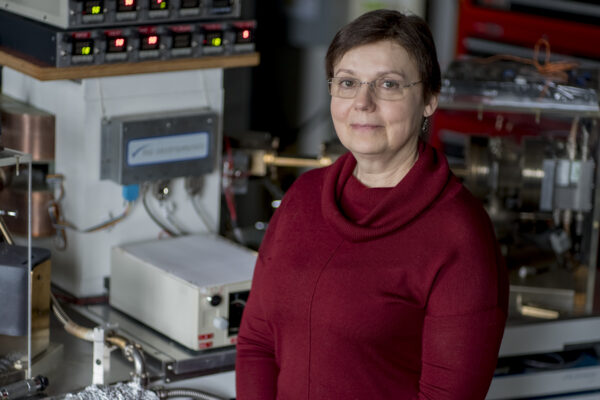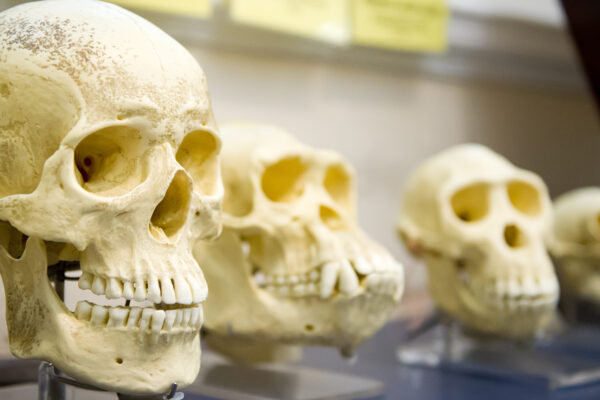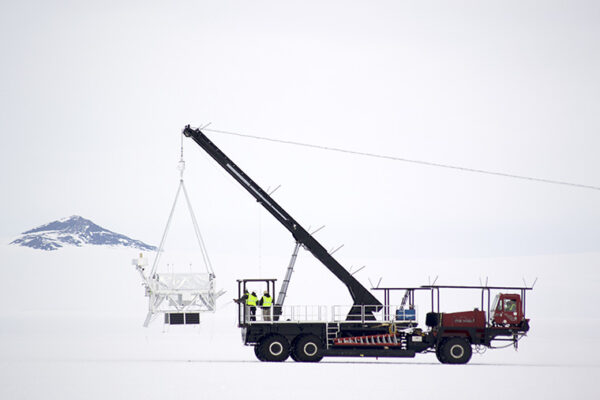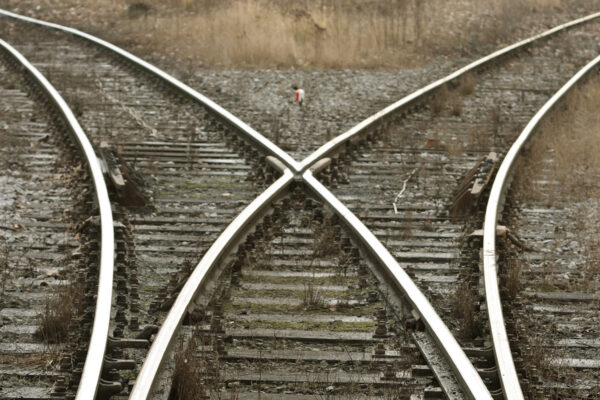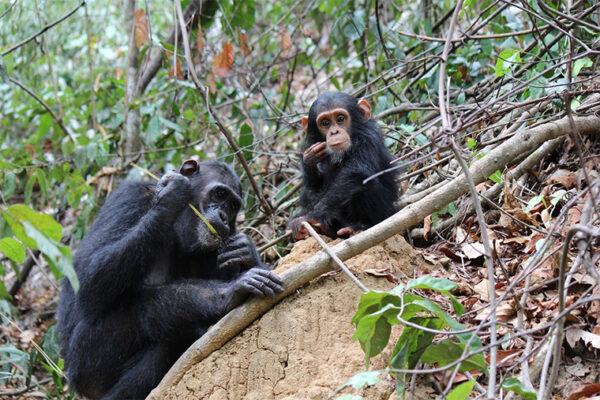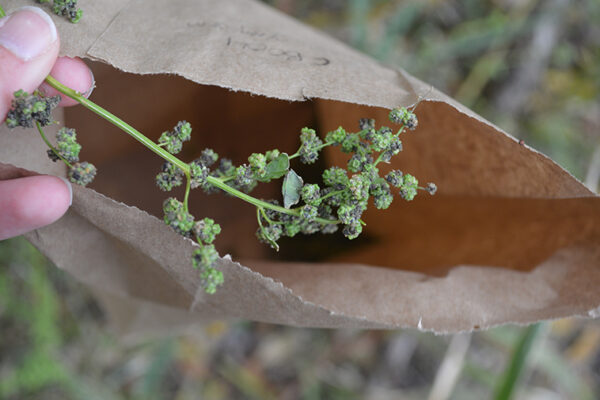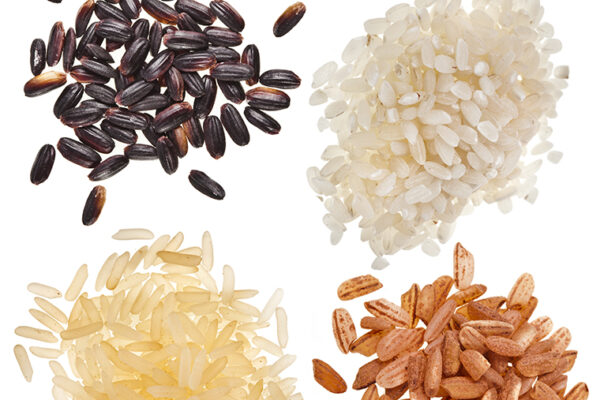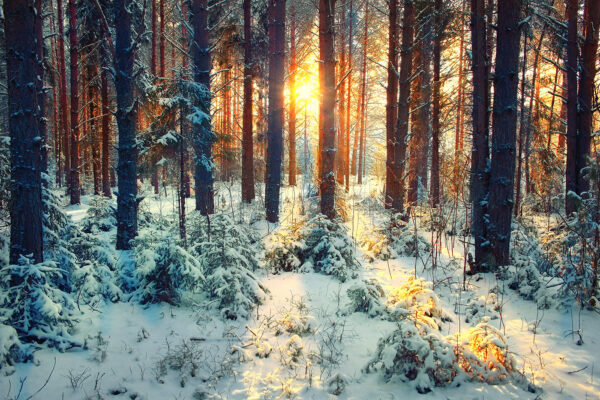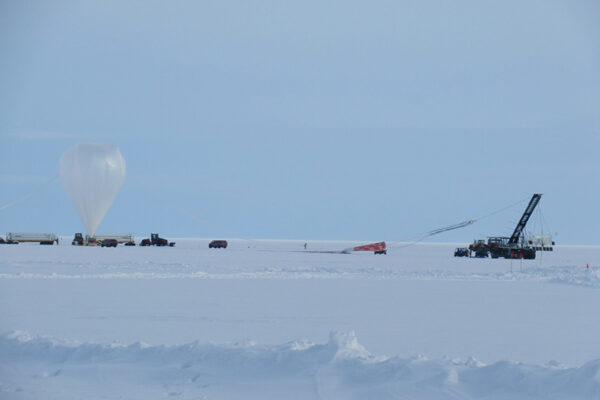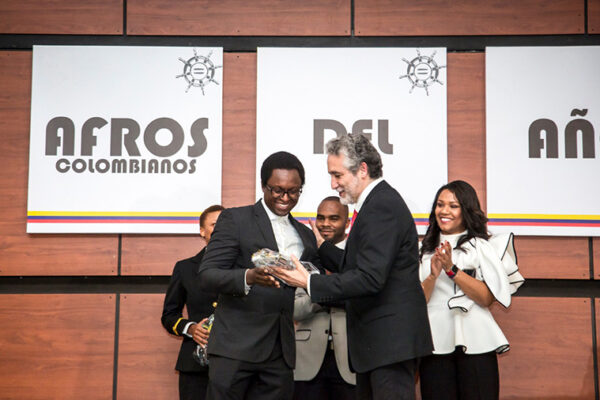What a meteorite is teaching us about space history
Presolar grains — tiny bits of solid interstellar material formed before the sun was born — are sometimes found in primitive meteorites. But a noble gas analysis from physicists in Arts & Sciences reveals evidence of presolar grains in part of a meteorite where they are not expected to be found.
Green in tooth and claw
Hard plant foods like seeds and nuts may have made up a larger part of early human ancestors’ diet than currently presumed, according to a new experimental study of modern tooth enamel from anthropologists in Arts & Sciences.
Catching up with SuperTIGER, 130,000 feet above Antarctica
A balloon-borne scientific instrument designed to study the origin of cosmic rays is taking its second turn high above the continent of Antarctica three and a half weeks after its launch.
Switching tracks: Understanding photosynthesis
Chemists in Arts & Sciences have re-engineered one of nature’s solar cells to drive electrons down an alternate path. This work advances the understanding of the earliest light-driven events of photosynthesis and is published in the Proceedings of the National Academy of Sciences.
Chimpanzees more likely to share tools, teach skills when task is complex
New Arts & Sciences research finds that chimpanzees that use a multi-step process and complex tools to gather termites are more likely to share tools with novices. The study helps illuminate chimpanzees’ capacity for prosocial — or helping — behavior, a quality that has been recognized for its potential role in the evolution of human cultural abilities.
‘Lost crops’ could have fed as many as maize
For thousands of years, goosefoot and knotweed were grown as crops, possibly feeding as many indigenous people of North America as corn. But the domesticated forms of these lost crops became lost over the years, and now a Washington University in St. Louis archaeologist is trying to figure out why — and recreate them.
Grain traits traced to ‘dark matter’ of rice genome
Researchers from Washington University in St. Louis and the Chinese Academy of Agricultural Sciences discovered that rice domestication relied on selection for traits determined by a poorly understood portion of the rice genome.
And then there was light
New research from Washington University in St. Louis provides insight into how proteins called phytochromes sense light and contribute to how plants grow. Biologists used sophisticated techniques to structurally define the sequence of events that support the transition between light- and dark-adapted states.
WashU physicists launch cosmic ray telescope from Antarctica
A team of Washington University in St. Louis scientists at McMurdo Station, Antarctica, successfully launched its SuperTIGER (Super Trans-Iron Galactic Element Recorder) instrument, which is used to study the origin of cosmic rays.
Graduate student wins ‘Afro-Colombian of the Year’ award
Jhan Salazar, a graduate student in biology in Arts & Sciences, was recognized by the Colombian organization Color de Colombia as the “Afro-Colombian of the Year” in the youth category in a nationally televised ceremony in Colombia on Dec. 2.
View More Stories
